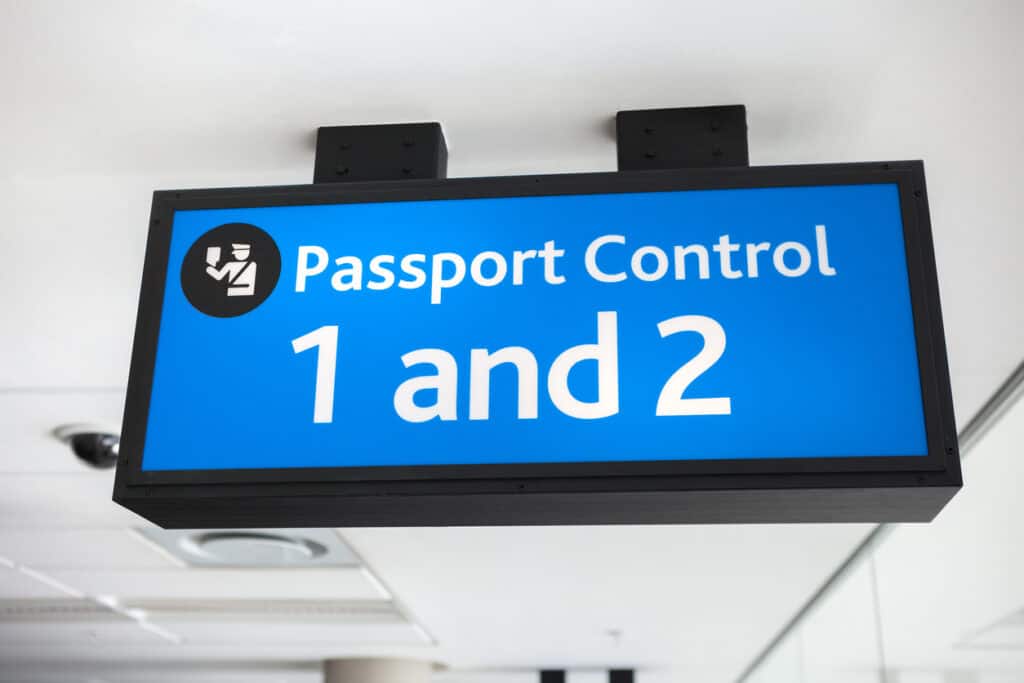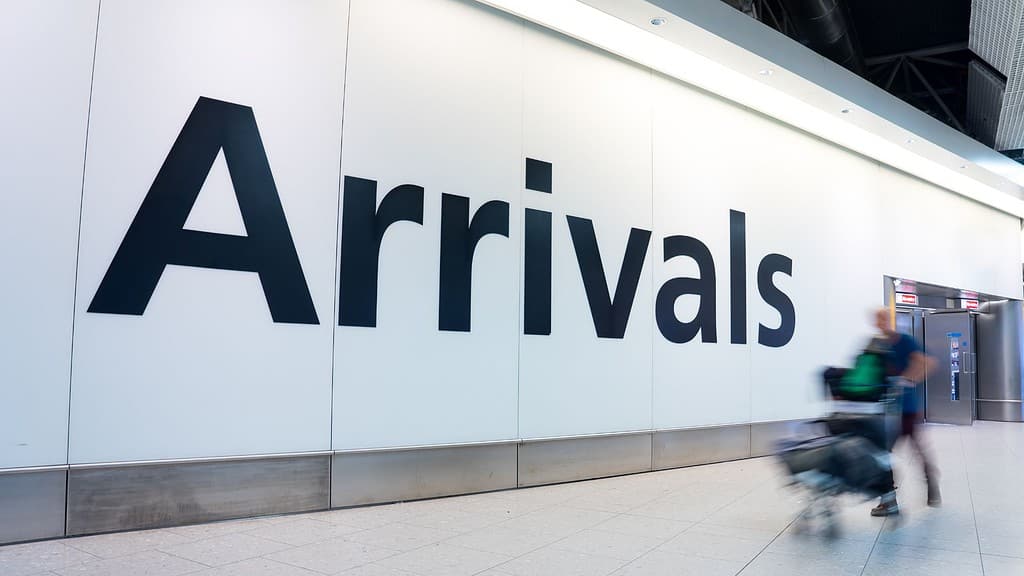The monthly limit on Tier 2 visas harms both the UK’s economy and its reputation, says CaSE Executive Director Dr Sarah Main
Cap on visas for skilled jobs doesn’t work for anyone
07 Mar 2018
In the last three months, visa limits have led to people being turned away from jobs they had been offered in medicine and engineering, amongst others. The cap on Tier 2 visas was breached in December, January and February.
At least 20 doctors were refused visas for jobs at Birmingham and Cambridge university hospitals, according to media reports. I know of one research organisation refused visas for eight engineers this winter due to the cap being reached.
Time-critical projects are being held up because engineers with the right skills have been turned away. This damages productivity and knocks business confidence.
The Tier 2 visa is for skilled workers with a job offer from outside the European Union. Employers wishing to recruit via this route have to show that there is no suitable applicant in the UK.
The cap is set at 20,700 per year, with a monthly limit of around 1,600. In the past, the cap was rarely breached—the last time was in June 2015 when, as CaSE discovered, 66 applications were refused for engineering roles.
Now, though, it is thought that declining numbers of EU applicants, particularly in the NHS, is driving up recruitment from outside the EU. Employers and legal experts expect applications to exceed the cap for an extended period – at least until March – as reapplications add to the pressure on limited places.
I can only imagine the dismay caused to applicants and employers when visas are refused simply because that month’s cap has been reached. Employers may seek to reapply in a time-limited window, but pressure on places is predicted to remain high. If the reapplication is not successful the recruitment process has to start again, seeking UK applicants first, delaying recruitment to such an extent that the initial overseas candidate would surely turn to opportunities elsewhere.
There is a widely acknowledged shortage of engineers in the UK, so employers have to look abroad to recruit people with the skills needed for complex projects. This mode of recruitment needs to work easily for employers, and should complement nationwide efforts to build up the pool of home-grown talent in engineering.
The Home Office holds a Shortage Occupation List of jobs in which there is a recognised shortage in the UK. Most of these are in science, engineering and healthcare. When the cap is breached, a points system kicks in that gives priority to jobs on the list, and to other categories such as PhD-level posts.
However, a salary threshold also operates, and this rises when demand is high. In the last three months it is understood to have reached £55,000 pa, excluding a wide range of jobs in medicine and engineering.
CaSE is working with concerned MPs to discover how many scientists and engineers were denied a Tier 2 visa in the last three months; we await the answer.
The tragedy is that this policy doesn’t work for anyone: the government, employers or the public.
The government repeats its mantra that Britain should be open to the brightest and the best, and yet this policy specifically rejects those people. Employers are clear that access to international talent in a fair, fast and transparent way is crucial. The public is overwhelming in its support for continued immigration of skilled workers, particularly scientists and engineers, with over 80 per cent approval consistently among Brexiteers and Remainers alike, both before and after the referendum.
The Government must rebuild confidence in the short term and create a streamlined system in the long term. CaSE’s vision is for an evidence-based migration system that supports mobility of scientists and engineers for excellence, skills, education and collaboration. This system would be transparent, proportionate and frictionless.
As part of this reform, the annual cap on Tier 2 visas should be removed. In the short term, to boost confidence in the Tier 2 system, NHS and Shortage Occupation List roles should be exempt from the cap. That would begin to redress the damage being done to the UK’s reputation as an attractive place for talented scientists and engineers to settle.
From my day-to-day conversations in parliament, it seems that political support for fluid migration of scientists and engineers is high. The data suggest that public support is high. However, it seems that nervousness about the public’s reaction to any changes in immigration policy is so high that Government is paralysed into inaction on even the most uncontroversial of reforms.
This article was originally published on 28th February 2018 in Research Fortnight (£)
Related resources

A week on from the publication, Policy Manager Camilla d’Angelo takes a look at some of the questions that remain to be resolved and what to expect next for the Immigration White Paper.

Policy Manager Camilla d’Angelo takes a look at what the Immigration White Paper means for attracting international R&D talent to the UK.

In advance of the forthcoming Immigration White Paper, CaSE and 35 other organisations have written to select Westminster Parliamentarians.

This briefing summarises attitudes to immigration, international students and researchers, and their impact on UK R&D. It is based on evidence from a nationally representative survey of 4,100 UK adults in June 2024 and two focus groups in December 2024.